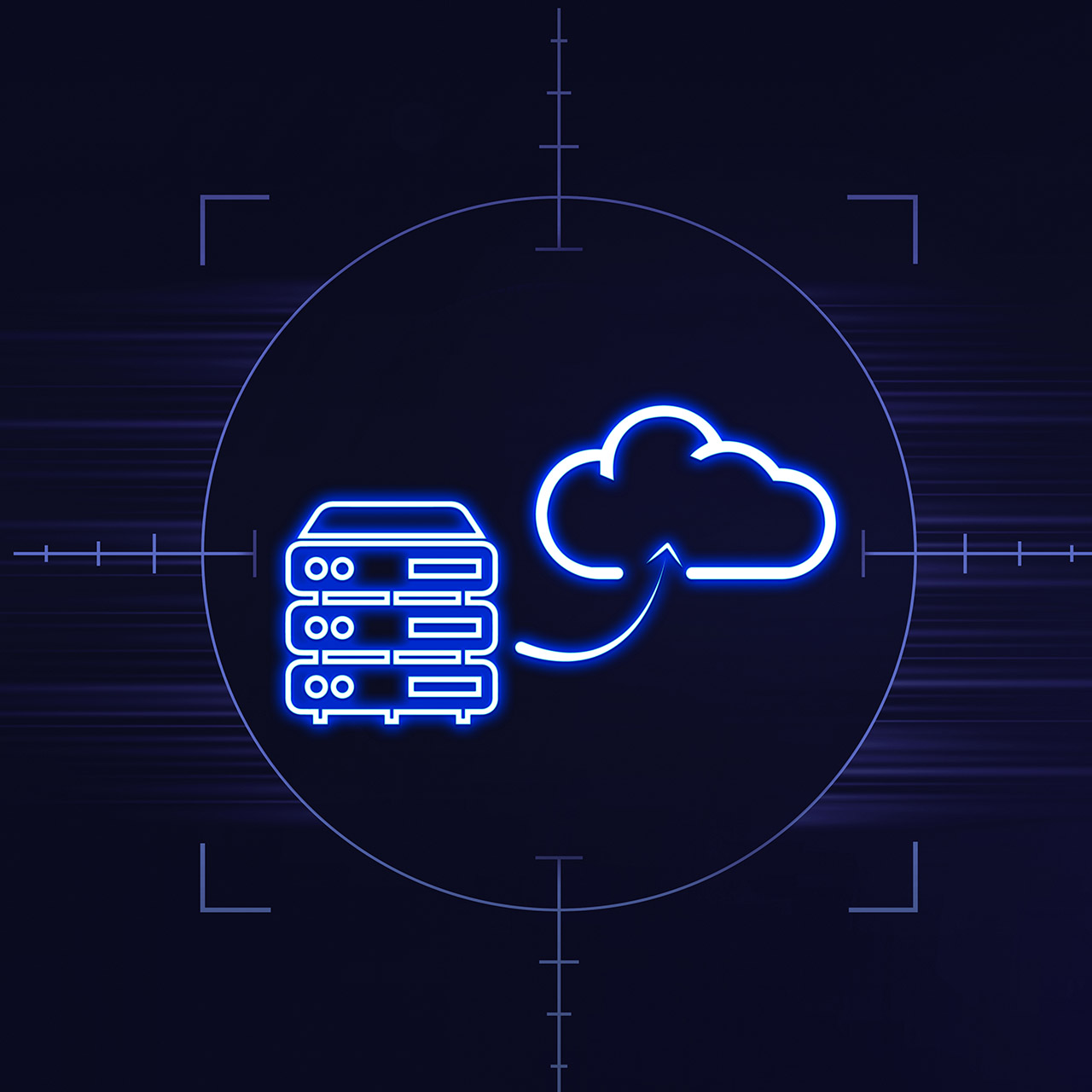As technology rapidly evolves, businesses find themselves at crossroads, making pivotal decisions about upgrading their infrastructure. One such critical decision for many organizations is choosing the right ERP system. For years, Microsoft Dynamics GP has been a trusted name in this arena. But with the rise of cloud technology, many companies are looking to switch, and Oracle NetSuite has emerged as a popular choice. Here, we’ll explore the migration process from Microsoft Dynamics GP to Oracle NetSuite, particularly focusing on the benefits for SaaS companies.
Migration Process Overview
Assessment and Planning
Before you even think about the technical details, it’s essential to assess the current state of your operations. Understand your existing processes, identify gaps, and set clear objectives for what you want to achieve with Oracle NetSuite.
Data Cleaning
Dirty data is the nemesis of a successful migration. Before exporting data from Dynamics GP, ensure that it’s cleaned up. This means reconciling, removing duplicates, and correcting inaccuracies.
Data Mapping
Once your data is clean, the next step is to map it to its new home in NetSuite. This might involve reformatting the data to fit NetSuite’s structure or even refining it to create a leaner chart of accounts.
Migration and Testing
Using a variety of tools and CSV exports, you’ll move your data from Dynamics GP to NetSuite. It’s crucial to then conduct a series of tests to ensure everything transfers correctly and works as expected.
Training
Oracle NetSuite will be a new environment for your team. Comprehensive training will ensure that they’re comfortable and can leverage its functionality fully.
Go Live and Ongoing Support
Once satisfied with training and user acceptance testing, it’s time to go live and complete your first month-end close. However, the journey doesn’t end there. Continuous support and regular reviews are essential to ensure everything runs smoothly and your team is optimally using the NetSuite platform.
Benefits for SaaS Companies on the NetSuite Platform
SaaS companies have unique needs that can be vastly different from other industries. Here are some of the benefits they enjoy with Oracle NetSuite.
Unified Business Management Suite
NetSuite offers a consolidated view of business operations, from CRM to financials, and project management to billing. Such visibility ensures that SaaS companies can make data-driven decisions swiftly.
Built for Growth
SaaS companies are often in a rapid growth phase. NetSuite is scalable and can handle increased data loads and more users without significant overhauls. This means as your SaaS business expands, your ERP system can keep pace.
Subscription Billing
Native to SaaS companies is the recurring revenue model. NetSuite’s robust subscription billing module ensures efficient management of billing cycles, contract renewals, and revenue recognition.
Revenue Recognition
NetSuite offers advanced revenue recognition capabilities, ensuring that SaaS companies can comply with complex revenue standards like ASC 606 and IFRS 15. Its automated processes handle multi-element arrangements and can recognize revenue based on both event completion or a predetermined schedule, providing flexibility and accuracy in financial reporting.
Real-time Metrics with Dashboards
SaaS companies thrive on data. With NetSuite’s customizable dashboards, companies get real-time insights into customer metrics, churn rate, monthly recurring revenue (MRR), and other vital KPIs.
Global Expansion Capabilities
If your SaaS company aims to have a global footprint, NetSuite is geared to manage multiple subsidiaries, currencies, tax requirements, and languages. This makes global expansion seamless.
Cloud Advantage
Being a cloud-based solution, NetSuite offers SaaS companies benefits like reduced IT costs, bi-annual updates, and the ability to access the system from anywhere, anytime.
Integrated Ecosystem
NetSuite integrates well with other solutions and platforms. Whether it’s CRM, business intelligence, or other SaaS tools, integration capabilities mean a more cohesive and efficient operational environment.
Enhanced Security
In the SaaS world, data security is paramount. NetSuite provides robust security measures, including data encryption, multi-factor authentication, and strict access controls, ensuring your data remains uncompromised.
Migrating from Microsoft Dynamics GP to Oracle NetSuite can be a strategic decision, especially for SaaS companies aiming to launch new products and expand into new markets. While the migration process demands meticulous planning and execution, the benefits offered by the NetSuite platform make the effort worth it.
As with any significant business decision, partnering with experts and leveraging their knowledge can smooth out the transition, ensuring that your organization maximizes the advantages of its new ERP environment. Do not hesitate to reach out to us today if you want to learn more about Sikich’s implementation methodology for this transition.








